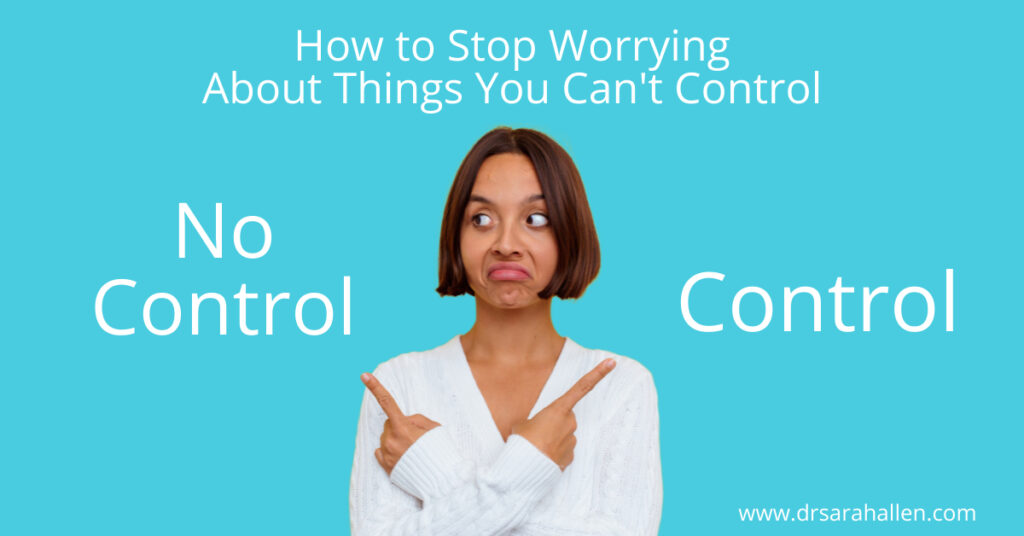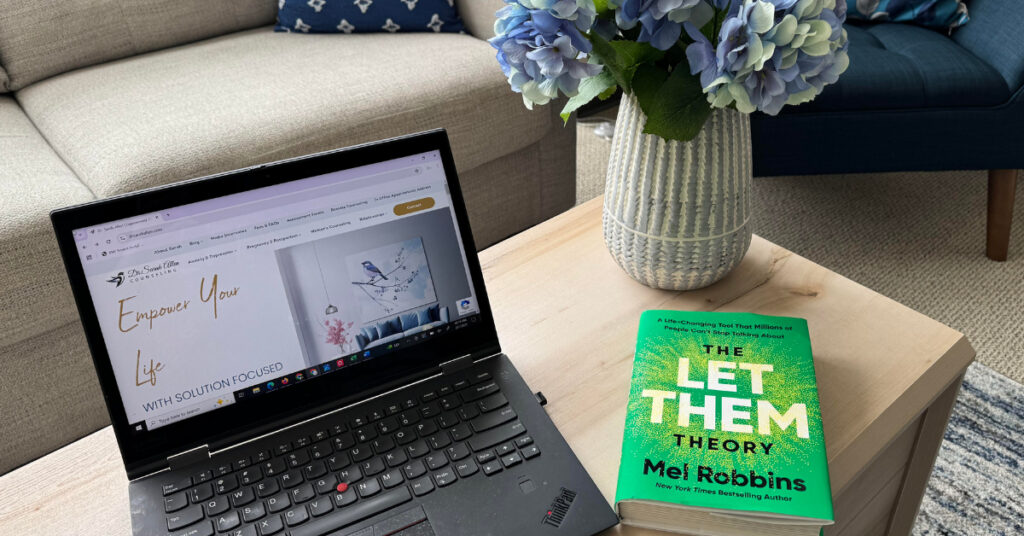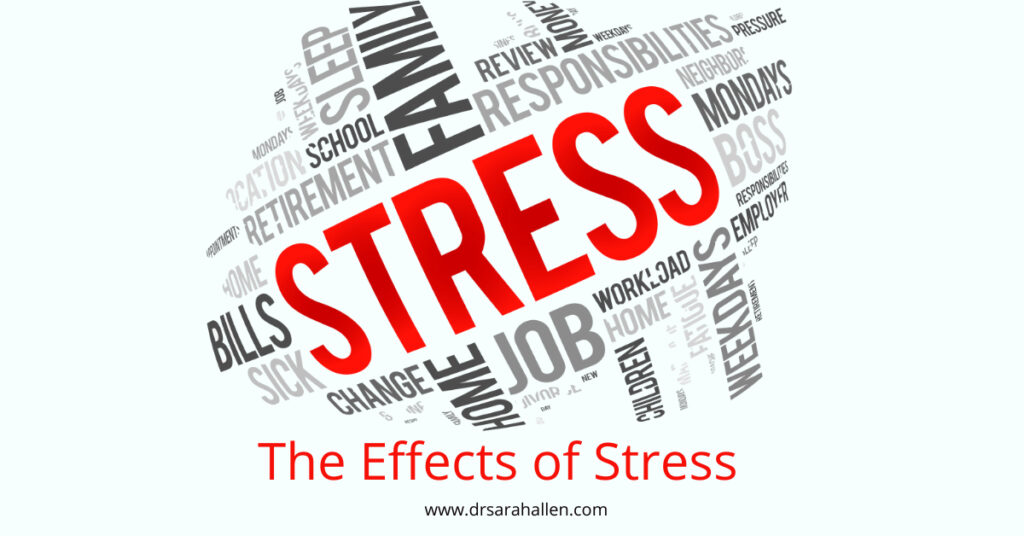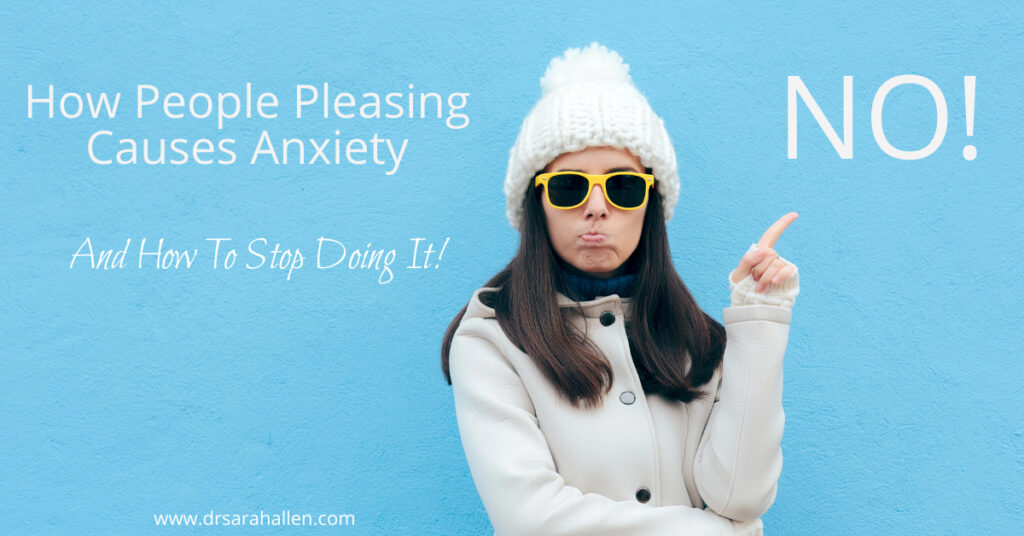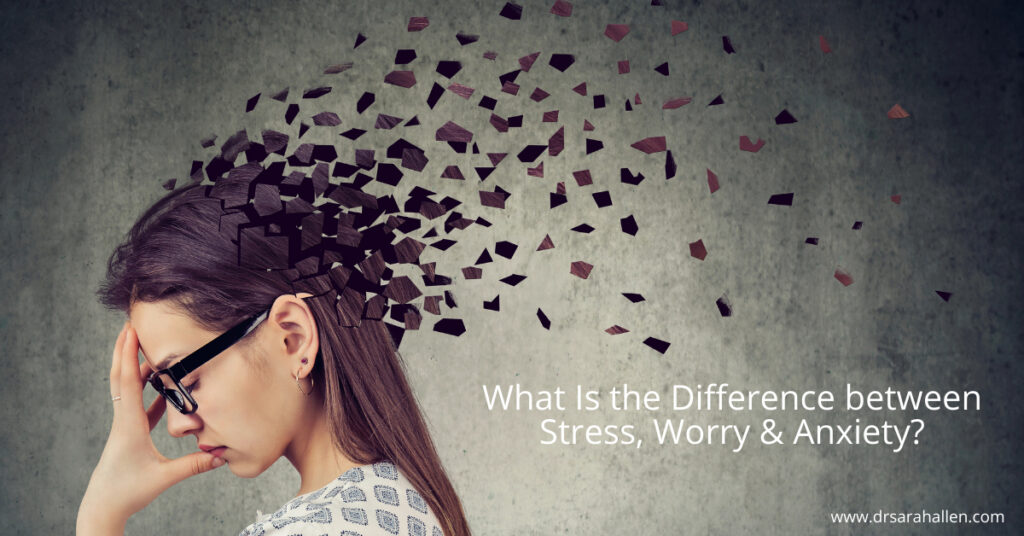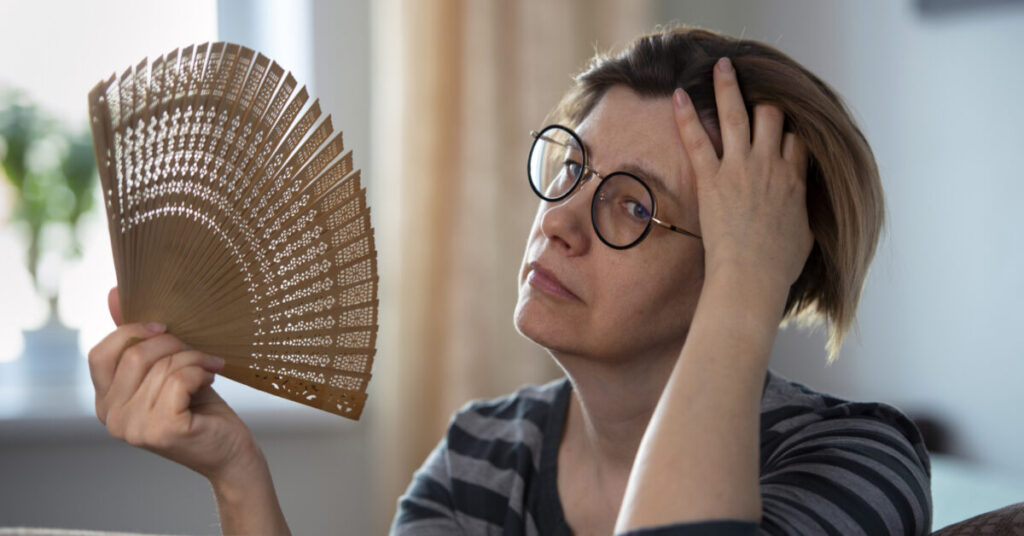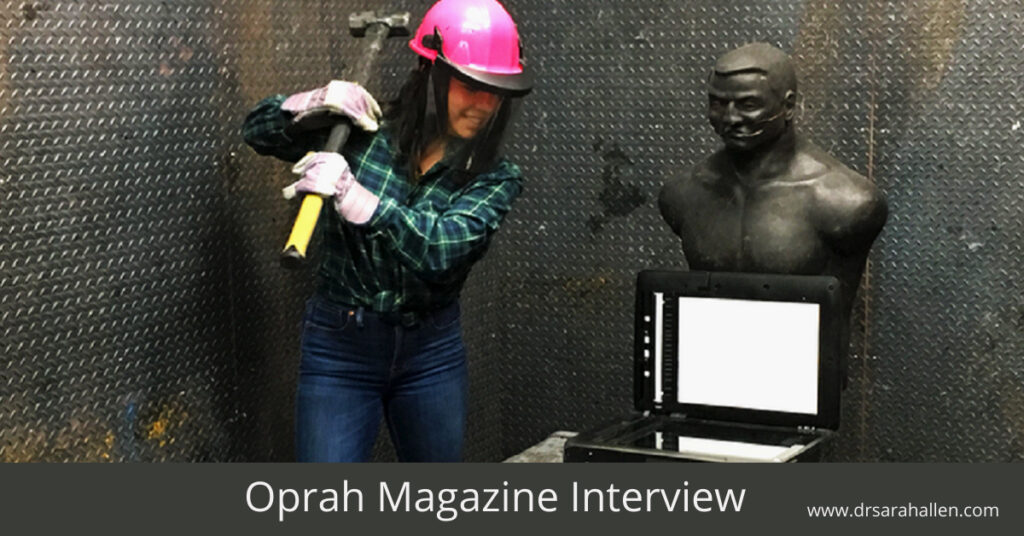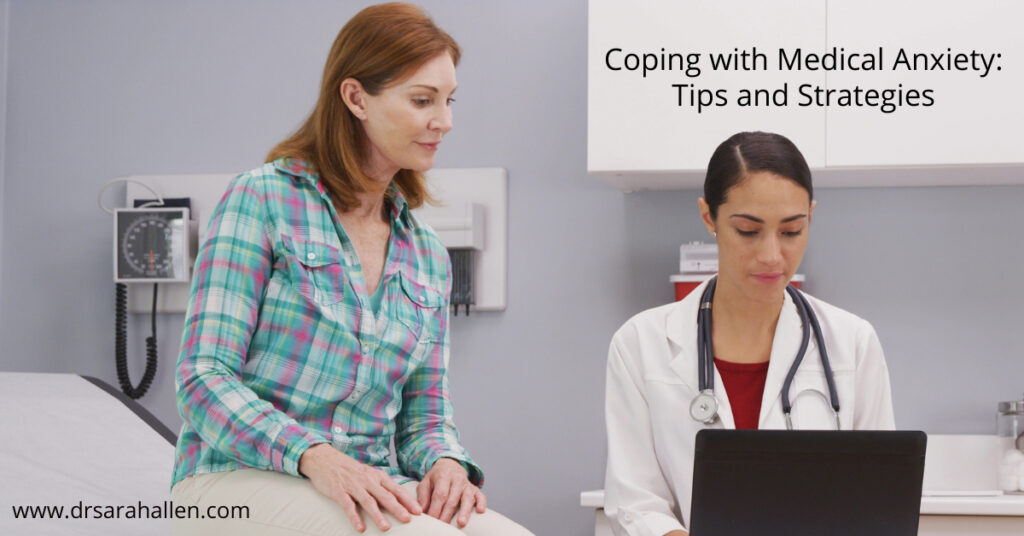
Medical anxiety is a common issue many people face. Whether it’s fear of doctor appointments, blood tests, or more serious procedures, this type of anxiety can be overwhelming. I’ve worked with many clients who struggle with these fears, and I’ve seen firsthand how much they can impact daily life.
Understanding why medical anxiety happens is the first step to managing it. Many people develop medical anxiety due to past experiences, fear of pain, or worries about diagnoses. This anxiety can make it hard to communicate with doctors, leading to a cycle of stress and fear.
In my experience, learning to talk openly with your doctor and using specific coping techniques can make a big difference. There are also ways doctors can help alleviate your fears. Together, these strategies can help you feel more at ease with medical procedures and appointments.
Understanding Medical Anxiety
Medical anxiety is the fear or nervousness that people feel about medical procedures or appointments. It can happen during routine check-ups, blood tests, or more serious health surgeries. This anxiety may present as sweating, shaky hands, or even a fast heartbeat. Some people worry about experiencing pain, receiving bad news, or feeling out of control.
For example, you might feel anxious just thinking about getting blood drawn. The idea of needles might make your heart race. You may even worry about your blood pressure being too high or fear the unknown outcomes of a medical procedure. These feelings are very real and can make it hard to care for your health properly.
How Medical Anxiety Develops
Through my work with my clients, I’ve seen that medical anxiety often starts from past experiences or learned behaviors. Maybe you had a painful procedure once, and now you dread going to the doctor. Sometimes, seeing others’ bad experiences can trigger your fears. Media stories about medical problems can also add to your worries.
Common triggers include fear of needles, the sight of blood, or even the sterile smell of a doctor’s office. Feeling disconnected from the medical team or rushed during visits can also make anxiety worse. It’s important to understand that these triggers are common and many people experience them.
Addressing these triggers early can help you find ways to manage your anxiety more effectively. Recognizing where your fear comes from is a good first step to overcoming it.
In my practice I often see these two types of unhelpful behaviors when people experience medical anxiety so let’s look at them in-depth:
1. Avoidance
2. Looking up symptoms on Dr. Google (never helpful!).
How Avoidance Leads To Greater Fear
Avoidance is a common reaction to medical anxiety, but it can often make the situation more challenging in the long run. It might feel easier to skip appointments, avoid health discussions, or put off tests because they trigger fear, stress, or overwhelming thoughts. However, avoidance can delay important care and lead to more worry as unanswered questions linger.
I treat avoidance by first getting clients to acknowledge that their feelings and avoidance are valid responses to fear but unhelpful. Then I get them to start small and set small, achievable goals.
Avoidance often magnifies fear, making it easier to just avoid stressful situations as that will temporarily make you feel better. Once we identify specific concerns together, we make a list to gradually exposure you to your anxiety triggers. For example, if someone is scared of needles, we could start by looking at images, then watch YouTube videos of blood draws, and finally book a blood draw appointment and take along a supportive friend. Also, practice what you will say to the healthcare provider to let them know about your fear so they can be helpful.
If someone has been avoiding making doctor appointments, I have them make a phone call to schedule one—even if it’s weeks away. Then, as the date approaches, we can break preparation for the appointment into small manageable steps, like looking at their previous medical records or test results and preparing questions to ask the doctor.
How Using Dr. Google Can Increase Medical Anxiety
When people experience medical anxiety, googling symptoms might feel like a way to take control of your health. We think that more information should help you feel more prepared. Unfortunately, the opposite tends to happen—it can fuel anxiety instead of calming it.
When you search symptoms online, you often find extreme examples aimed at capturing attention. Minor symptoms could be linked to serious illnesses, making it easy to jump to scary conclusions. For example, a headache might lead you to articles about brain tumors when the reality could simply be dehydration or stress.
While I agree that you know your body better than anyone else, we don’t have the professional knowledge to put the symptoms in perspective. We need a medical professional who knows the right questions to ask to help us understand what the symptoms might mean and the course of treatment. But do ask questions and make sure the doctor truly understands all the symptoms you are experiencing.
Communicating Better with Your Doctor
Effective communication with your doctor can make a big difference in managing medical anxiety. Letting your doctor know how you feel can help them understand your concerns and offer better support. These are tips I suggest to my clients:
1. Be Honest: Share your fears and anxieties openly. People are often embarrassed to say they feel anxious but tell your doctor if you are feeling nervous about a procedure or appointment as that helps your doctor know how to assist you best.
2. Ask Questions: Don’t hesitate to ask for more information about procedures, what to expect, or any instructions you need to follow. Knowledge can reduce fear. Write down your questions and take the list in with you to look out as heightened anxiety can make you forgetful.
3. Request accommodations that will help. Medical professionals are often in their field because they want to help people but they won’t know that you need extra support if you don’t ask them. For example, if needles make you anxious, ask if there is numbing cream, or that they talk to you while you look away. Other people like to know why a procedure is being done, the steps involved and when it will be over. Others just want to close their eyes until it’s finished. Simple requests can often be accommodated to help you feel more at ease.
Good communication creates a partnership between you and your doctor, making the medical experience less intimidating. Your doctor is there to help, but often time constraints make it feel like appointments are too short. Try to bring just one concern at a time, or tell your doctor at the beginning of the appointment the different things you want to discuss. That way they can structure the appointment to either cover everything or make sure the most serious issue is addressed that day and help you make an appointment to discuss other problems.
Coping Strategies for Medical Anxiety
There are many techniques you can use to cope with medical anxiety. Finding the right strategy for you can make a big difference in how you feel about medical appointments and procedures.
1. Prepare Ahead: Arrive early to avoid rushing, and bring any comfort items, like a favorite book or music, to help you relax while waiting.
2. Bring a Support Person: Having a friend or family member with you can provide support and reduce anxiety.
3. Visualization: Imagine a peaceful place or a happy memory. Visualization can help distract and ease your mind.
4. Deep Breathing: Practicing deep breathing exercises can help calm your nerves. Inhale slowly through your nose, hold for a few seconds, and exhale through your mouth.
5. Practice Relaxation Techniques: Techniques like progressive muscle relaxation or meditation can help you stay calm before and during medical procedures.
Finding what works for you takes time. Using these strategies consistently can help build resilience against medical anxiety.Visualization, deep breathing and relaxation techniques are useful while waiting for your appointment as well as before, or during any procedure.

This article has more in depth information about deep breathing and relaxation techniques. Read Take A Deep Breath: How Deep Breathing Helps Combat Anxiety
How Cognitive Behavioral Therapy (CBT) Can Help Medical Anxiety
I specialize in Cognitive Behavior Therapy (CBT) and so we will look at and challenge any negative thoughts you have about medical issues. Anxiety thrives on “what-ifs,” often assuming the worst-case scenario. Firstly, we will identify the unhelpful thoughts and then challenge them with questions like:
- “What’s the likelihood of my fear actually happening?”
- “What evidence do I have to support or disprove this worry?”
- “What’s the best possible outcome of facing this situation?”
Reframing you fears this way can provide a balance to anxious thinking and make the avoided task feel less daunting.

For a more in-depth look at how CBT works to reduce anxiety read CBT For Anxiety: What It Is & How It Works
What Are The Differences Between Health Anxiety & Medical Anxiety?
Health anxiety and medical anxiety share common threads, often causing overwhelming worry about health-related issues, but they also differ in focus and triggers. Health anxiety, sometimes referred to as hypochondria, revolves around a persistent fear of having or developing a serious illness, even when medical tests show no cause for concern. On the other hand, medical anxiety is centered on fear or stress related to medical settings, procedures, or interactions—such as a panic at the thought of an upcoming doctor’s appointment or surgery.
Both medical and health anxiety can lead to heightened awareness of bodily sensations and have physical symptoms like increased heart rate or nausea, making the experience feel very real and distressing. If you’re struggling with either, know that you’re not alone. Both can be managed with the right support and coping techniques, helping you reclaim peace of mind.
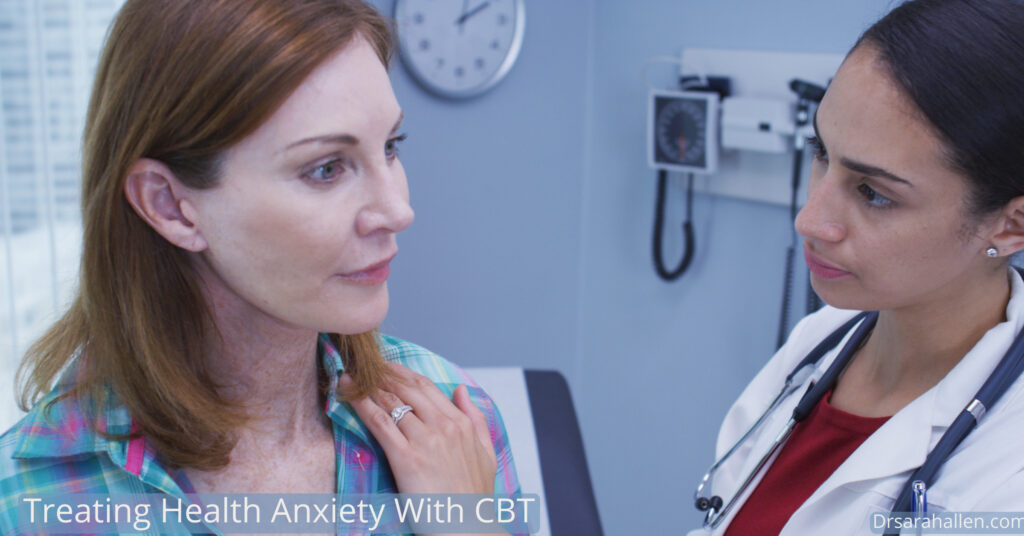
If you are interested in reading more about health anxiety, I have written an article about what it is and how Cognitive Behavior Therapy (CBT) can help. Read Treating Health Anxiety With CBT
Managing medical anxiety is possible with the right strategies and support. Understanding what causes your anxiety and using communication and coping techniques may be able to make a big difference. Remember to talk openly with your doctor about your concerns and don’t hesitate to ask for accommodations that can help you feel more comfortable.
If medical anxiety is impacting your life, Dr. Sarah Allen can help provide additional support. She is an anxiety counselor who specializes in helping patients manage anxiety and can offer personalized strategies to help you cope. Contact her today to begin your journey towards a healthier you.

If you have any questions, or would like to set up an appointment to work with me and learn how to reduce anxiety, please contact me at 847 791-7722 or on the form below.
If you would like to read more about me and my areas of specialty, please visit Dr. Sarah Allen Bio.
Dr. Allen’s professional license only allows her to work with clients who live in IL & FL & the UK and unfortunately does not allow her to give personalized advice via email to people who are not her clients.
Dr. Allen sees clients in person in her Northbrook, IL office or remotely via video or phone.

What Can I Read That Helps Me While I Am Waiting For My First Appointment With Sarah?
Download this free booklet to gain valuable insights and practical strategies for managing anxiety and worrying.


